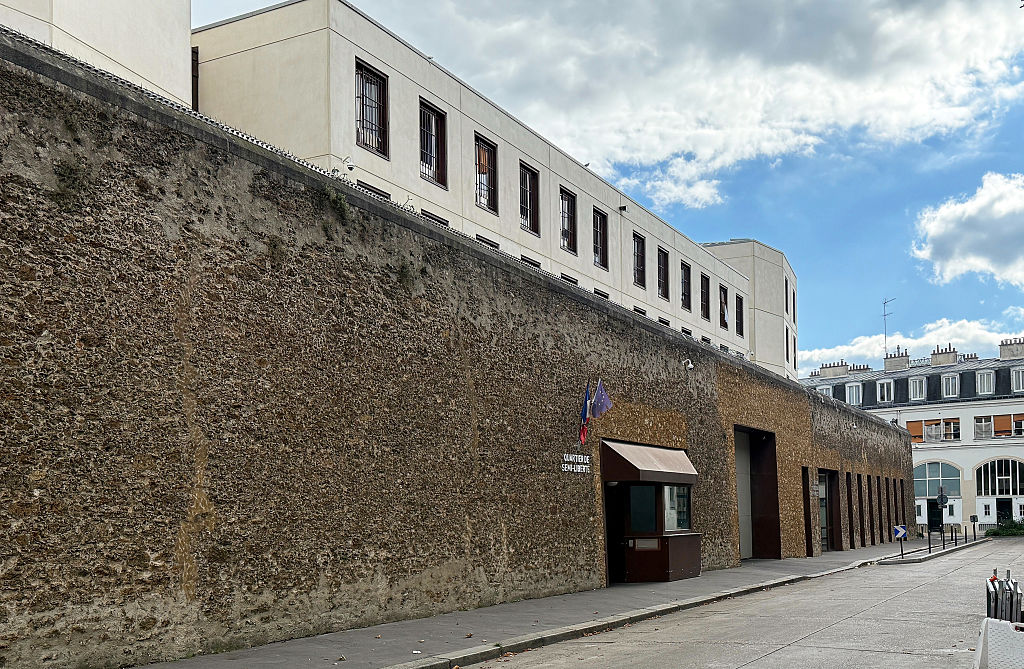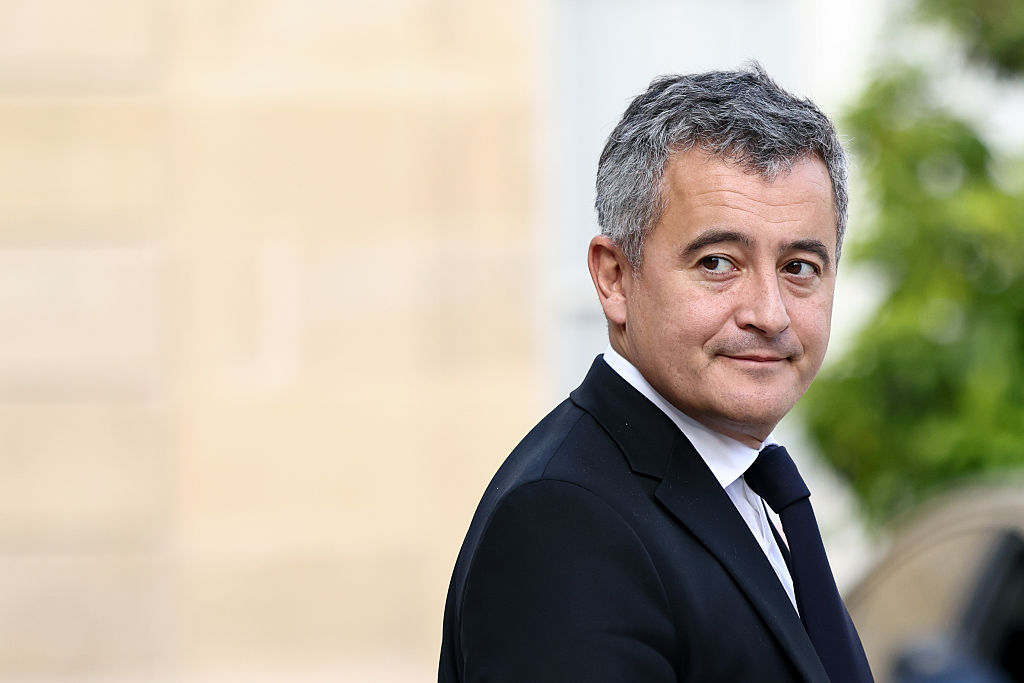From the Élysée to La Santé: French Ex-President Sarkozy awaits appeal behind bars
“He should bring a sleep mask and earplugs. The shouting can go on until four in the morning", a former inmate warned

PARIS – Former French President Nicolas Sarkozy is set to report to La Santé prison in Paris on Tuesday, where he will start his sentence on charges of criminal conspiracy in solitary confinement. It marks a first for any current or former French head of state since the Second World War.
Sarkozy, who served as president from 2007-2012, is expected to leave his home located in Paris’ very chic 16th arrondissement and enter the prison discreetly by car, in a bid to avoid photographers. He will be welcomed by the prison governor before being escorted to a secure isolation unit.
Earlier this month, Sarkozy was sentenced to five years in prison, including a deferred custody warrant, after being found guilty of criminal conspiracy over alleged Libyan financing of his 2007 presidential campaign.
His legal team will file a request for conditional release on Tuesday, and the Court of Appeal must issue a ruling within two months. Sarkozy’s appeal trial is already scheduled for March next year.
Sarkozy’s imprisonment marks the first time a former head of state has been incarcerated in France since Marshal Philippe Pétain after the Second World War. Despite the symbolic weight of the case, Hugo Vitry, spokesperson for the FO trade union, said prison staff are prepared.
“As long as he is there, things should go smoothly for him,” he noted.
The former president will not receive special treatment and will undergo standard intake procedures: identity checks, fingerprinting, and assignment of an inmate number. He will receive basic prison supplies which include toiletries, linen, and stationery.
Solitary confinement for safety
Sarkozy will be held in a solitary cell of 9 to 12 square metres, equipped with a fixed bed, table, shower, and hotplate. In addition, he will be allowed to purchase a refrigerator and television from the prison shop and buy credits to use the monitored in-cell telephone.
La Santé first opened in 1867 and is one of France’s most famous prisons. The all-male lock-up currently holds more than 1,300 inmates – almost double its official capacity. But isolation units generally have available cells, Vitry said. Among Sarkozy’s neighbours will be inmates convicted of serious organised crime, which are considered high flight risks.
For security reasons, Sarkozy will have no contact with other inmates. He will be authorised one hour of outdoor exercise per day in a fenced yard, under constant surveillance. He will have the right to three family visits per week, as well as unrestricted access to his lawyers.
Former businessman Pierre Botton, who spent 600 days in solitary confinement in the early 1990s for misuse of corporate assets and who was later imprisoned at La Santé between 2020 and 2021 warned of the prison’s harsh conditions.
“Sarkozy should bring a sleep mask and earplugs. The shouting can go on until four in the morning,” he said, describing the noise from other inmates. “Especially those craving crack”, he added.
‘I am not afraid’
Ahead of his stint in prison, Sarkozy has sought to demonstrate resolve. Last week, he invited 150 former colleagues and family members to a “friendly drinks” gathering in western Paris, attended notably by the Minister of Culture, Rachida Dati, as well as the current Secretary-General of the French Presidency, Emmanuel Moulin.
Sarkozy also met with President Emmanuel Macron on Friday. Justice Minister Gérald Darmanin, a former aide to Sarkozy, is said to be considering a visit to ensure his safety.
Sarkozy’s son, Louis, who is running for mayor of Menton in Southern France, has called for a rally of support near the family residence in Paris. “The end of the story has not yet been written,” he said in a video on social media.
The former president has continued to insist on his innocence, telling French media: “I am not afraid of prison. I will hold my head high, even before the gates of La Santé.”
He has reportedly chosen three books to accompany him: the two volumes of The Count of Monte Cristo by Alexandre Dumas, and a biography of Jesus.
(cs, vib)









